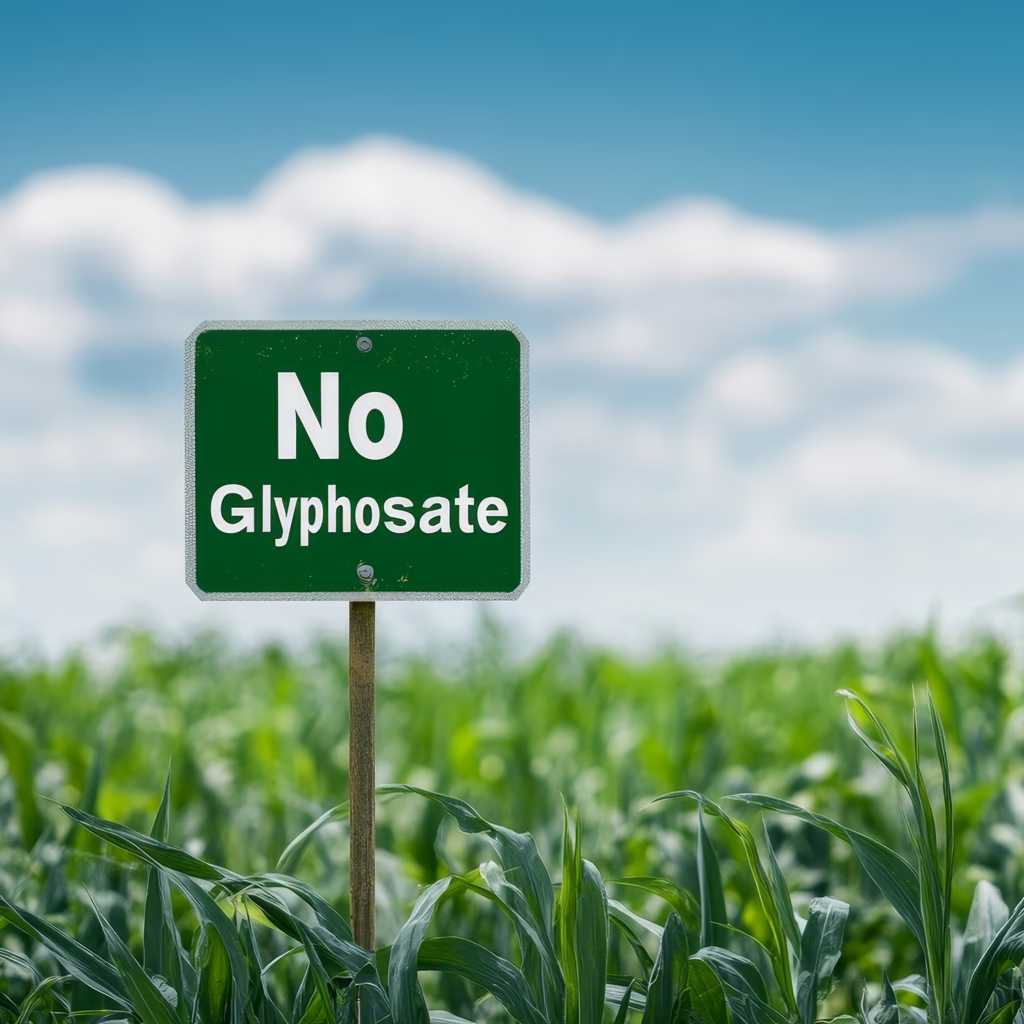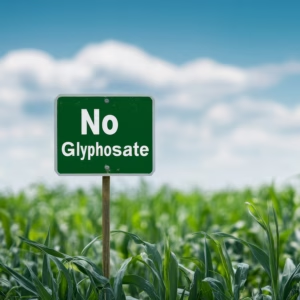What Is Glyphosate?
Glyphosate is a chemical compound used to kill weeds. It was introduced by Monsanto in 1974 under the brand name Roundup and quickly became essential in industrial farming. Especially with genetically modified crops that are glyphosate-resistant, the use of glyphosate has skyrocketed.
Why Is Glyphosate So Widely Used in the USA?
- Massive agricultural scale (corn, soy, cotton)
- Pro-GMO regulation allowing widespread use of resistant crops
- Efficient weed control, increasing productivity
Health Concerns: What Does the Science Say?
There’s no consensus in the scientific community:
- WHO/IARC: “Probably carcinogenic to humans.”
- EPA: Deems glyphosate non-carcinogenic when used correctly.
- Independent studies link glyphosate to cancer and hormonal disruption.
Billion-Dollar Lawsuits Against Bayer
Since Bayer acquired Monsanto in 2018, the company has faced over 100,000 lawsuits in the U.S. Allegations center around cancer risk and failure to warn users.
Legal Status in the U.S.
Glyphosate remains legal in the U.S., but local bans and political pressure are increasing. A nationwide ban is not expected soon.
Exit from the Consumer Market
Bayer plans to remove glyphosate from U.S. consumer products by 2023, aiming to reduce legal risk without disrupting farming operations.
Conclusion
Glyphosate remains deeply embedded in American agriculture. As debates continue and lawsuits unfold, it remains a symbol of the tension between industrial farming and health concerns.




